Kerry's Rules for Memoirs & Biographies
I stand by these. Someone make ME an editor.
Because everyone thinks they have a story, there are a lot of biographies and memoirs in this world. And I, as your intrepid reading friend, have read a LOT of them.
As such, I have developed a semi-arbitrary but nevertheless quite closely-held set of rules as to the necessary ingredients for success. They are as follows:
Name names. If you are a celebrity, that means I expect you to ACTUALLY NAME NAMES. If you must use a pseudonym for legal reasons, you’d better leave enough breadcrumbs along the way (see: I’m Glad My Mom is Dead or Sociopath.) If you are a normie, I still expect you to use potentially world-alienating specifics like Tara Westover did in Educated. Vagueness serves no one and if you’re not prepared to be honest and brave, why are you writing a memoir babes? Which leads me to …
Be prepared to make your subject look unpleasant. Whether you’re a biographer or the memoirist herself, if you’re not prepared to showcase someone’s weaknesses, hypocrisies, inconsistencies or bad choices without self-protective justification, this is not going to be strong work. It’s going to be a puff piece or a self-indulgent rant that tells me that you have not learned a thing from your experiences (honestly, I’m talking to you here, Britney Spears YES I SAID IT her memoir was tell-all but unbearable you know I’m right). And that’s important because …
We need universality, uniquely told. Sure, of course we read memoir and biography to escape into another’s (usually) remarkable life, but I think we also read it to think about our own lives and our own experiences, and how we can apply this extraordinary lessons to the world we live in. Some memoirs are too involved with their specific chronology to offer any actual evergreen takeaway. Like, I can read your Wikipedia, okay, Julie Andrews (who wrote maybe my least favorite celeb memoir ever)? What has this big beautiful life actually taught you? In what ways has it humbled you? What mistakes do you regret, or even not regret? How is our humanity linked, and how did it diverge?
If you don’t do all three of these things, it’s not likely to be a good entry. If you DO all three of these things, it still has to be well-written. So actually - I think memoir and biography are really hard!
These are my rules. And they are undisputed by this newsletter staff, which is I.

So after all that ado, here are a bunch of memoirs and biographies which I was excited to read. Did they check all my commentative boxes? Let’s find out!
Unless otherwise noted, all of these rate 3 Lambs on the Gentle Lamb Scale. If that means nothing to you, prepare to change your entire outlook on life no YOU are being melodramatic.
I’ll submit that Lorne, about the man who’s helmed SNL for 50 years, is probably most interesting for people who watched at least a lot of the SNL iterations. For me, it was a big thumbs up.
Why? It was very well sourced, with a great mix of “one week in the show” behind-the-scenes reporting as well as Lorne’s life-to-date historical record. It was both enamored with the man yet very willing to depict the many, many reasons people dislike him. (And Jonah Hill. Honestly - the real feckless villain in this is not Lorne, not Chevy Chase, not Belushi - it is Jonah mfing Hill.)
Most importantly, I thought it was a substantive look at a person who has been a creative dictator and curator for decades, how his creative process has changed (or not), and how he has remained relevant (or not.) Like him or hate him, he’s definitely a singular type of force that, in our world of democratized / eroded cultural gatekeepers, is probably the last of his kind.
One thing about me, if it’s about Everest or a cult, Imma read it. Even if it’s bad and I regret it later.
Good news - this memoir Enough by Melissa Arnot, the first American woman to summit Everest without oxygen, was really good. Was it a taste of the extraordinary? Check! The universal, often pathological need to strive? Check! All the ways a twenty-something can foul up her life and be careless with the lives of others? Yes, check! (She has an amusing footnote on a particularly unflattering anecdoate that simply says, “ *Yes, I know, I’m the worst.”)
Note: there was some depiction of SA in this, so let’s give it two lambs.
There’s a lot to enjoy about I Regret Almost Everything, especially if you have even some understanding of his 80s/90s/00s New York resteranteur references (good lord, is this the most genXy newsletter EVER?) What’s amusing is his no-holds-barred dislike of almost everything (dinner parties, people who are rude to waiters like apparently Patty Smith, Halloween, Instagram, the successes of his rivals.) And he certainly is quick to tell you all the ways he himself screwed up.
It’s also a memoir of his disabling stroke, which is admirably and unsentimentally told. It all has not a little whiff of self-pity, which means it’s only good not great.
I’ll also read most ballet books so I was v v excited to read Behind the Red Velvet Curtain, “by” an American dancer who moved to Russia at 17 and eventually joined the Bolshoi.
However, it grossly violated point 2, which rendered it sort of unreadable for me. Putin? An honorable man until he invaded Ukraine! Her eating disorder? Someone else should have noticed and stopped her! Her inability to function as an adult? Why didn’t her work arrange everything for her? This read as an attempt to rehabilitate her reputation and weirdly it made me dislike her.
Also I don’t begrudge a ghostwriter at all and think they can be terrific sparring partners (see: Spare) but in this case, you now have two people who weren’t up to the challenge. You can skip this.
Do to the aforementioned self harm, I’ll give this two lambs.
Sigh. You know who should be able to write a great memoir? Riley Keough or Lisa Marie Presley. But did they?
Meh. Sort of.
From Here to the Great Unknown uses a really fascinating construct, alternating voices between the deceased Lisa Marie’s memoir recordings, and her daughter Riley’s context on it. I just … didn’t love it. It felt like both of them pulled a few punches, which is understandable, but also leaves you wanting more of something. I think Lisa Marie was still working through her trauma but also idolized her father, and I think Riley didn’t totally find her way as to whether she wanted to remind the world that her mother (and grandmother) were beloved and not a public punchline, or whether she wanted to unpack the generational trauma. She did a little of both, and not enough of either IMO.
Now it’s your turn. Have you read/loved any of these? Am I wrong about Lisa Marie? What’s your favorite memoir? Who’s going to read Gwyneth? Tell me SOMETHING.
Afterwords
Icebreaker: what memoir would you most like to read if you knew they would be absolutely honest? For me, it’s Katie Holmes because TELL ME ABOUT ESCAPING SCIENTOLOGY GIRL or … I’m sorry … Melania Trump because TELL ME ABOUT YOUR RESPONSIBILITY FOMENTING A CHRISTO-NATIONAL AUTHORITARIAN CULT GIRL. But of course, she wouldn’t be honest.
All links go to The Best Bookstore in Palm Springs where it must be 172 degrees right now good luck Sarah! Because remember - if you mostly buy your books from indie bookstores, you get a good seat in heaven, by the dessert table. That’s what Anne Lamott says and she’s a Sunday school teacher so it must be true.
If memoirs and biographies are your jam, you can find more reviews and recommendations in the archive. Four years of writing this newsletter has to count for something.


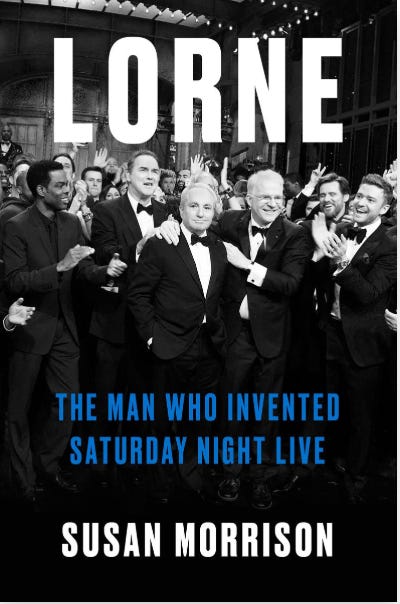
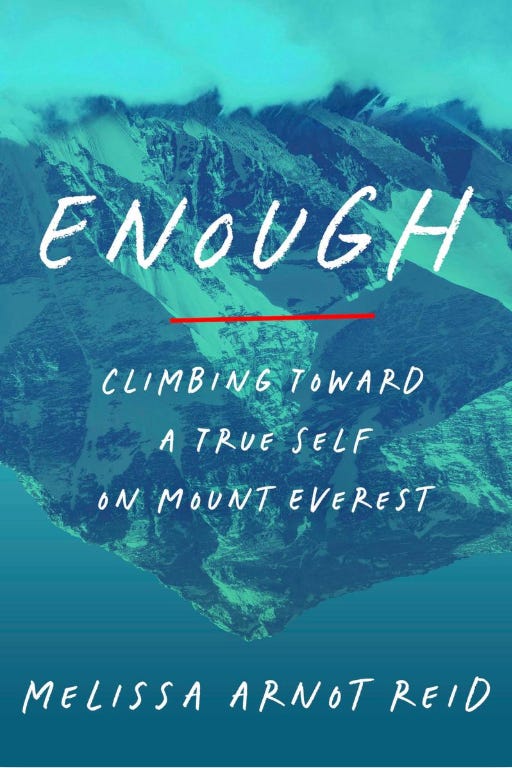
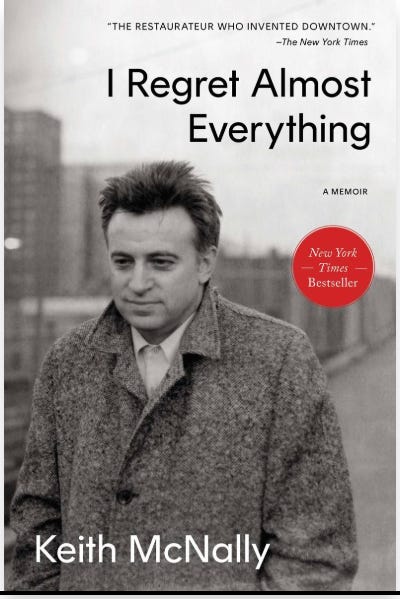
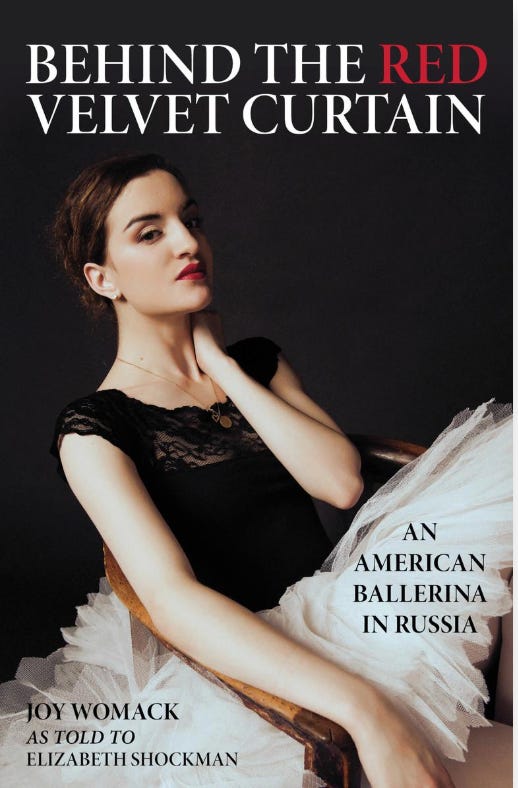
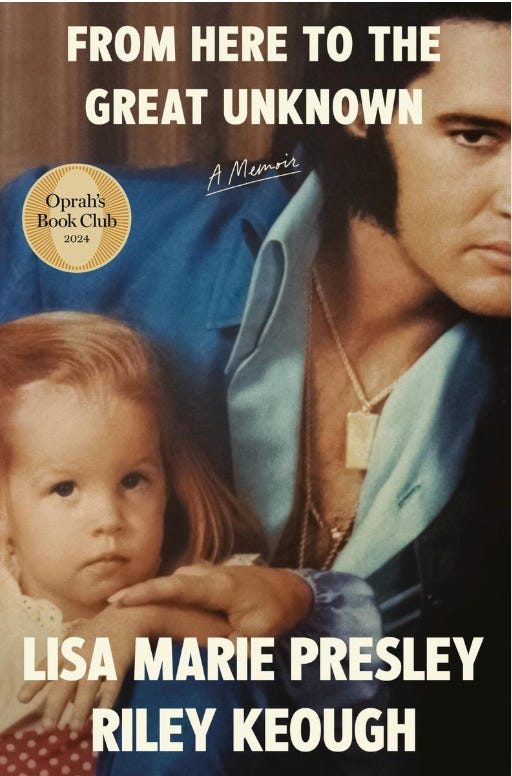
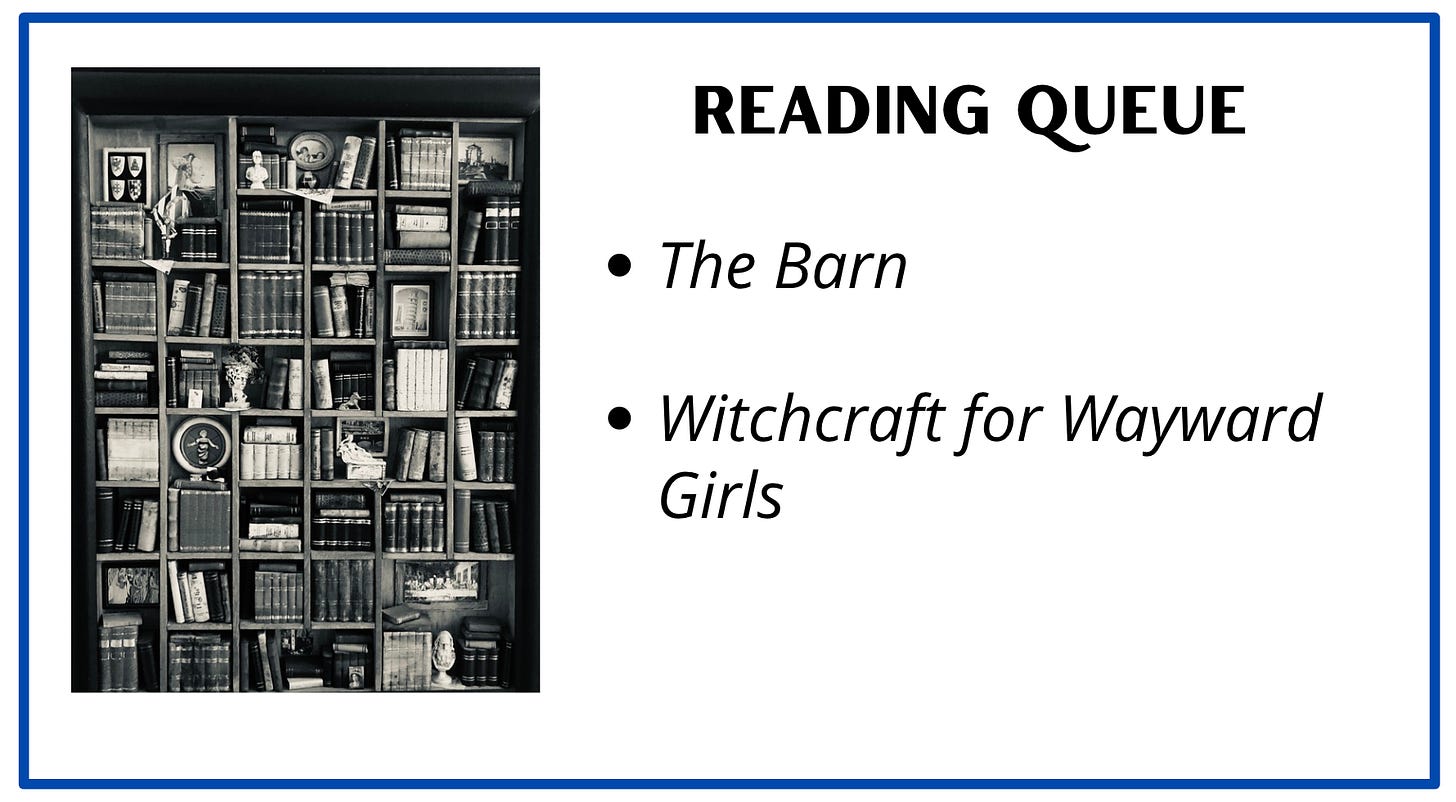
Shirley Jackson: A Rather Haunted Life. It's been years since I read it so can't say how it holds up against the Kerry rules, but I remember really liking it! Also Life (Keith Richards) which was looong but I remember being interesting and certainly named some names.
YES to Katie Holmes. Also, Mary Kate and Ashley Olsen (their coffee table book “Influence” doesn’t count!)
Searches by Vauhini Vara is a recent fave for it’s unsparing reflections on how we consume/engage digitally, and unique experimental style (who knew 10 pages of unfiltered Google searches could be so gripping?!)